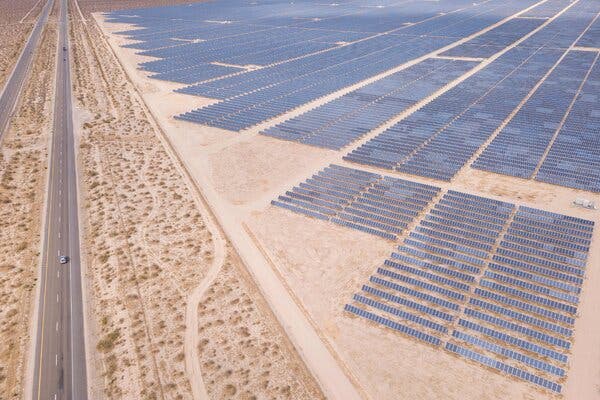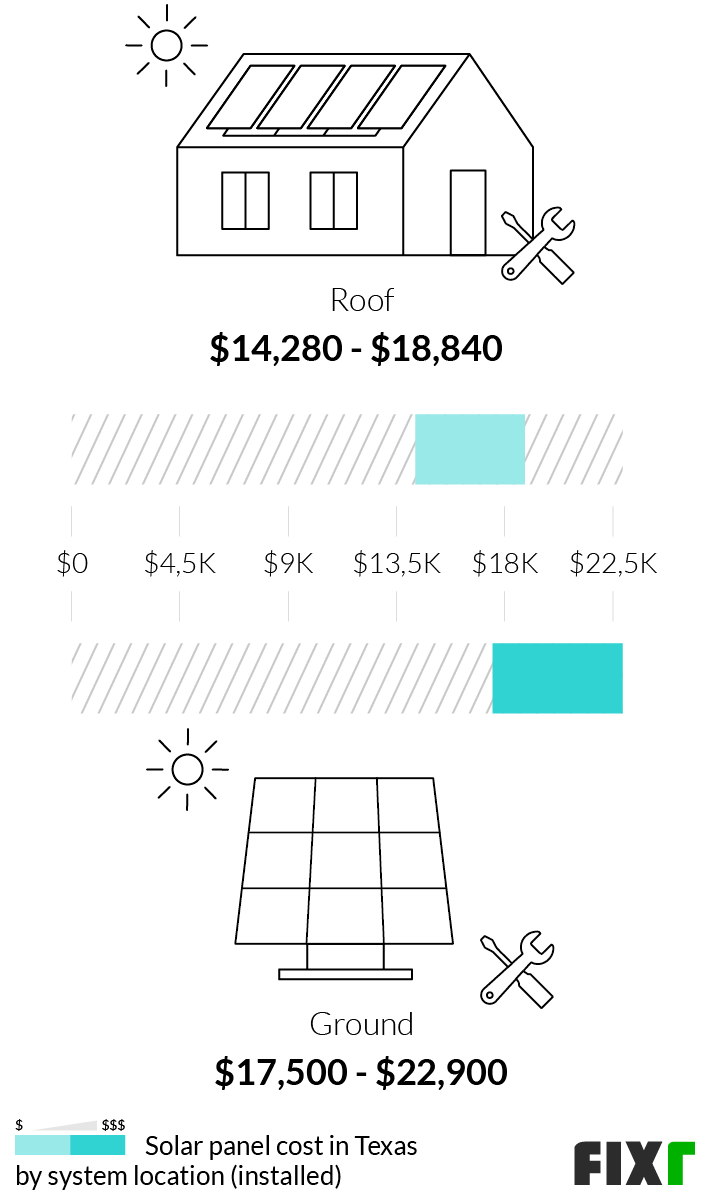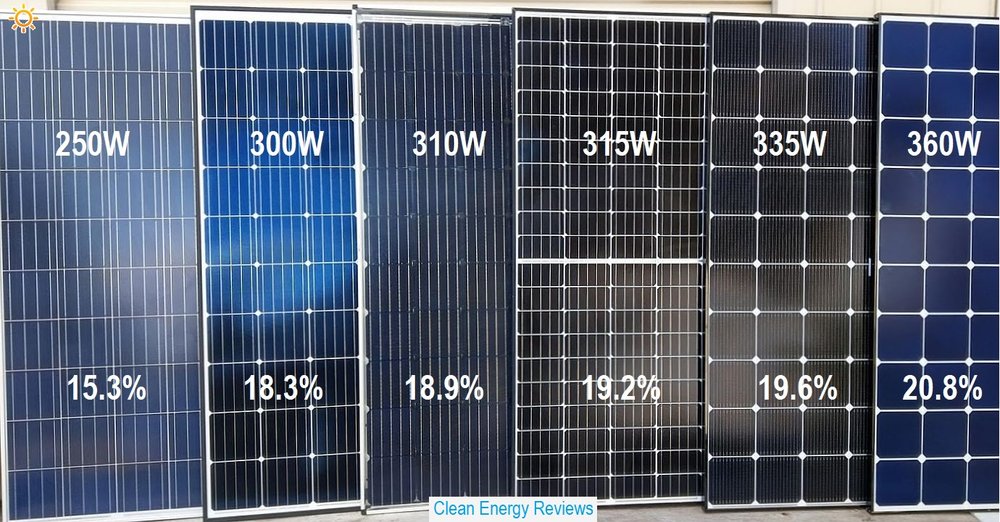
There are many options when it comes financing solar energy. There are three options for financing solar energy: Home equity loans, power purchase agreements and leases, as well as tax incentives. These options offer the perfect way to save money and make a positive impact on the environment. Learn more about the financing options available. Select the one that suits you best!
Home equity loan
Home equity loans are a great way to finance solar energy investments, as they allow you to use your home's equity against the costs of installing solar panels. This type of loan is also known to be a home-equity line of credit. It has lower interest rate than most other solar loans. A home equity loan may also offer tax incentives that could offset the cost for solar panels.
These loans have a term between seven and twenty years with interest rates ranging from five to seven per cent. The homeowner can often deduct the interest. In addition, home equity loans are typically paid off in a single, steady monthly payment.

Lease agreement or power purchase agreement
A lease or power purchase agreement is a great way to finance solar installation costs, and it has many advantages for homeowners and businesses. The lease allows for system maintenance and predictable long-term electricity cost. Leases require you to pay lower rates than what you would pay to the utility. It may benefit both parties, depending on the terms.
A solar lease may be an option depending on the amount you need to generate solar energy each month. The monthly payment to either the solar leasing company, or your utility, is part of a solar lease. The lease company will be responsible for maintaining the system. The payment is usually lower that the utility's. The lease company also has the option to remove the solar system at the end of the term if you don't need it anymore.
Cash financing
Solar specific loans can be used to finance the cost of installing solar panels in your home. These loans are available with low monthly payments, and either a zero or low rate of interest. They also offer a same-as-cash option that finances the portion of the tax credits the homeowner will receive. These loans have terms between 12-20 years and require no downpayment.
You may choose to apply for a personal loans depending on your circumstances and needs. A personal loan is a more suitable option than a traditional solar loan, depending on your financial situation. A personal loan is not secured like a solar loan. In addition, personal loans typically have a shorter payback period than a solar loan. However, the payments might be higher.

Tax incentives
One of the best ways to finance solar energy systems is to take advantage of tax incentives. These incentives are based primarily on the total cost of solar energy systems. It can be as high 26%. There are many tax incentives for solar projects. You should speak with a tax advisor to determine your eligibility.
You may also be eligible for additional credits to finance energy storage devices. If you buy solar power systems that include energy storage, you can use these credits to finance the installation. You will also be able to rollover any unused credits to the following year. In this way, you will be able to deduct up $2,500 more tax the following year.